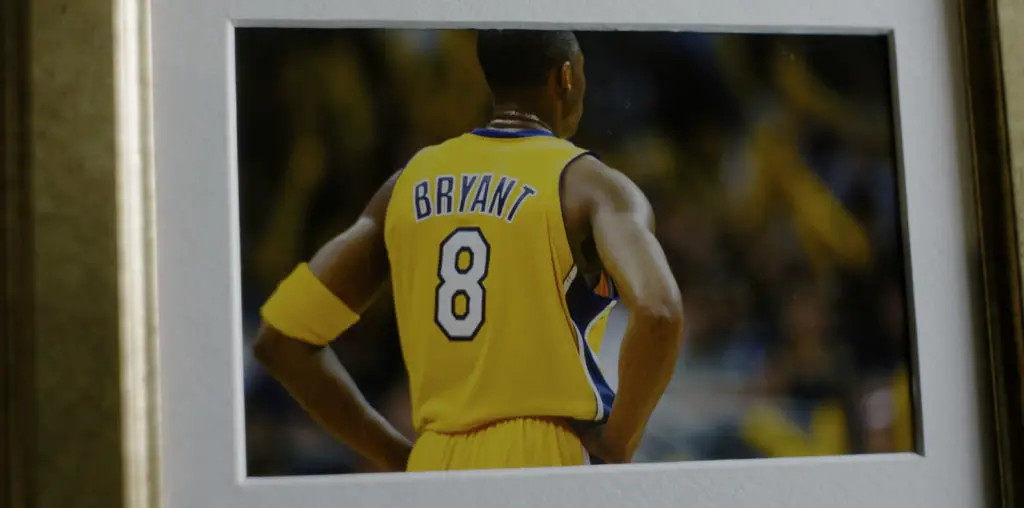
You’ve got to feel sorry for crazy folks. Too consumed by their more obvious problems they just aren’t able to protest all of the crappy and ill-intentioned movies that are made about them. Most flicks set in an asylum are either about a sane patient wrongfully committed (“One Flew Over the Cuckoo’s Nest”, Quills) or the horrible conditions inflicted upon the inmates (“Same films”). Too often, many afflictions are present as either too precious or too easily curable (both “Girl, Interrupted”). It’s all a big disservice because mental illness is really an extremely personal struggle, one that generally never really ends or ends well. Icelander Einar Mar Gudmundsson understands. He adapted his own book about his brother’s battles into the script for director Fridrik Thor Fridriksson’s “Angels of the Universe”.
When we first meet Paul (Ingvar Sigurdsson) he seems okay, but there are a few red flags. A painter still living with his middle-class parents, he’s definitely the sensitive artist type. Paul’s also deeply in love with a rich, upper-class girl. His friends try to tell him she’s only slumming and will drop him like a bad habit the moment she has to return to her own kind. Refusing to believe it, Paul is woefully unprepared for the shock when it inevitably happens. The impact breaks not only his heart, but struck with enough force to be the one thing to also break his mind. His behavior grows increasingly bizarre, unpredictable, and even violent. Schizophrenia and a mental hospital ensue. Once committed Paul makes some new friends with problems all their own. The film follows Paul and his pals in and out of hospitalization through much of the rest of their (sometimes short) lives.
Anyone expecting a film with some heavy-handed life lesson or anything remotely uplifting better check out now. There is a real lyrical beauty to “Angels of the Universe”. There’s much sadness as well. Paul and the others all come to realize that, in or out, they will carry the madhouse and their loneliness with them wherever they go. The only real escape is death. How would you feel if the only people who even remotely understood you were three complete lunatics? As a result, they richly savor their fleeting moments of peace and joy when they come. They need any respite they can get from a reality where they find themselves rejected by society, often their own families, and finally by their own minds.
Not exactly the feel-good movie of the year, but that’s not the intent. If you feel anything coming out of this film, the filmmakers would probably prefer some connection or a hint of recognition, if not in yourself, then in others. Real good can follow if from there, you can connect with another soul. Though it’s unrealistic to expect such action to tear down the walls of another’s personal prison, at least they might not have to feel so alone.
